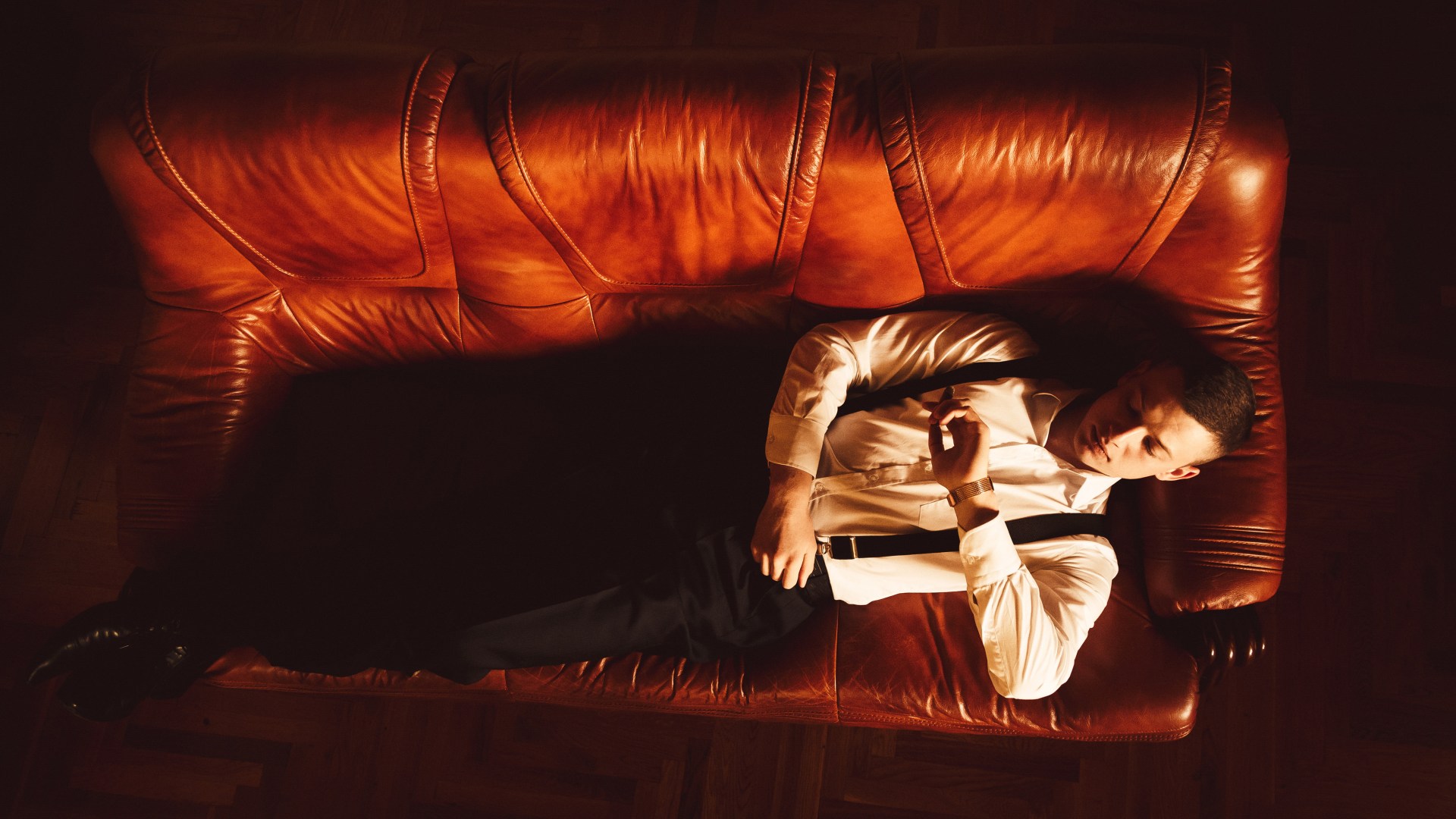Years ago, I heard John Perkins speak at a Christian Community Development Association conference. He off-handedly mentioned voluntary poverty but warned with a wry smile that we can’t do much good by simply being poor. Instead, we should “go out and make a lot of money and give it away.”
The Perils of "Privilege": Why Injustice Can't Be Solved by Accusing Others of Advantage
St. Martin's Press
336 pages
$25.99
I was a recent college grad, passionate about social justice and a little drunk on idealism, and his pragmatism struck me. Here was a respected Christian leader telling me not to shed privilege, but to leverage it for more power in order to empower others. I eventually became a pastor and a writer—so much for “make a lot of money.” But Perkins had planted a seed, and I began to imagine what it might mean to use privilege redemptively.
That term privilege, once the property of academics and social researchers, has become ubiquitous and culture-shaping. In The Perils of Privilege: Why Injustice Can’t Be Solved by Accusing Others of Advantage, Phoebe Maltz Bovy discusses how “privilege” is the primary framework for how we talk about social justice today—from conversation-stopper phrases hurled like grenades online (“check your privilege,” “your privilege is showing”) to the new genre of “privilege aware” confessions. Privilege once described a small group of elites born into extreme wealth and power, but today it encompasses essentially any unearned advantage—white privilege, male privilege, ableist privilege, heterosexual privilege, cis privilege, youth privilege, even thin privilege. Bovy shows how this framework has burrowed its way into higher education, the media, and contemporary conversations about feminism, race, and politics.
Though Bovy (who is Jewish and identifies with the political left) examines the pitfalls of the privilege framework, she does not dismiss the term altogether, much less concepts like inequality or systemic injustice. But she argues that obsessing over privilege makes too many people feel like they lack permission to speak on certain subjects. Ironically, as a white, educated woman, I was apprehensive about reviewing this book. But perhaps that knee-jerk nervousness only illustrates the problem it addresses.
To be clear, I think privilege is a real and needed lens. Certain unearned advantages for some are directly related to systems that result in injustice for others. But Bovy argues that mere “privilege awareness” doesn’t result in actual change. Instead, it places “self-awareness—or, more accurately, self-presentation—at the center of all struggles. . . . It produces—daily, with every Twitter/think-piece controversy—winners and losers, the individuals who get it and those who do not.”
Moreover, having so many categories of privilege can divide the lower and middle classes, who might otherwise be natural allies in addressing income inequality. In the same way, bickering about “micro-aggressions” in hip TV shows inadvertently weakens our ability to adequately address overt bigotry.
Bovy faults her fellow progressives for getting bogged down in this sort of petty infighting. She also sees privilege rhetoric creating a “fetishization of powerlessness”—a climate of competitive victimhood where one group’s grievance has no clout as long as some other group has it worse.
At their worst, privilege enforcers descend into sheer cruelty. Bovy includes a story about online commenters blasting the “privilege” of a promising 22-year-old who tragically died. No longer able to gather around a common humanity with our shared frailty and pain, we are reduced to ruthlessly sorting between those who “deserve” our sympathy and those who don’t.
I wonder if our privilege obsession arises in part from an epistemic problem: In a world that considers individual experience the primary arbiter of truth, how do we navigate the cacophony of conflicting reality-claims? One way is to create a hierarchy where some voices are valued more than others. Therefore, the “privilege” framework, like fundamentalism or certain forms of religious rhetoric, can demand unquestioning adherence.
In his long look at the relationship between privilege and power in Playing God, Andy Crouch states, “Many exercises of true power begin by cashing in our privilege, using it to launch us further than we could go on our own.” The Perils of Privilege can help us better understand and talk about “privilege.” But that understanding isn’t worth much unless we come away better prepared, as Perkins taught, to leverage any gifts we have for the sake of others.
Tish Harrison Warren is a writer and an Anglican priest. She is the author of Liturgy of the Ordinary: Sacred Practices in Everyday Life (InterVarsity Press).











